To live and study in New Zealand: a year abroad with Emily Barnes
Student experience 6th May 2020
Emily Barnes has recently completed her fourth and final year of study at the University of Manchester for her degree in Geography and Geology. Emily undertook her third year of study in New Zealand, and has kindly shared her experiences of international study for this blog post.
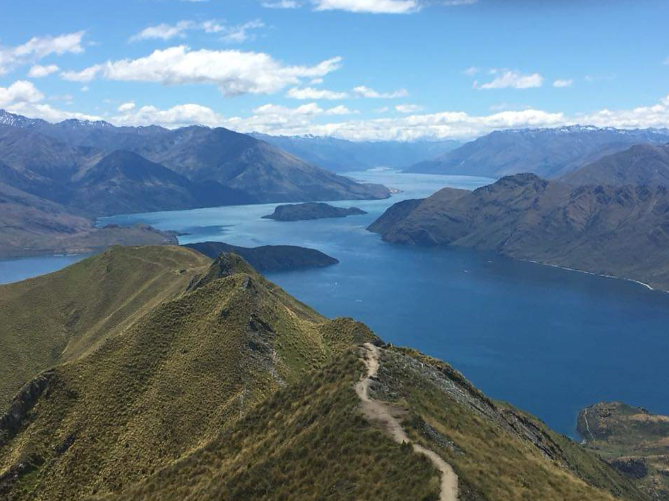
During my 3rd year I went to study at the University of Auckland in New Zealand over a year-long exchange programme. New Zealand has a different academic year to the UK and semester 2 teaching at Auckland started in mid-July, so I only had a month between finishing my second year exams and flying out to begin my next year at university! Luckily, everything went smoothly, and I quickly settled in and made some friends to explore and take road trips with.
A main reason that I wanted to study in New Zealand was because of how amazing all the different landscapes looked, and it really didn’t disappoint. Over the course of the year I walked along the Abel Tasman coastal trail, collected my dissertation research in Mt. Cook National Park, hiked up dormant volcanoes and visited so many different beaches – some of which had really cool black volcanic sands. All the people I met were so friendly and all my Kiwi course friends were great – always asking what I’d been up to over the weekends and giving me tips on where to go next.
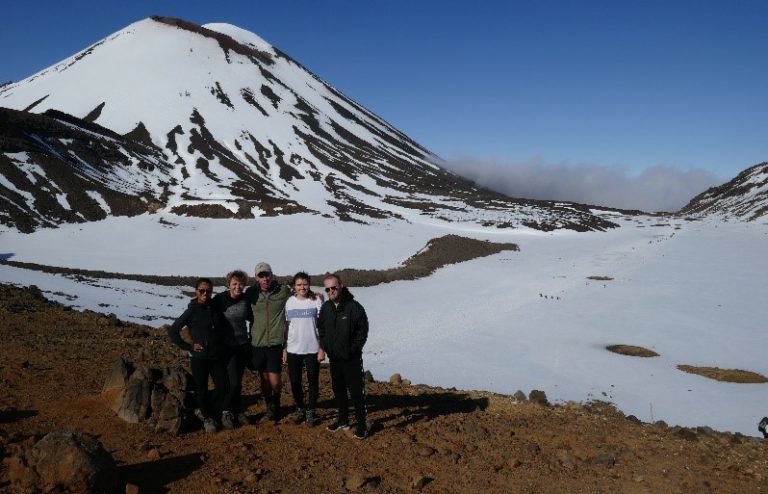
Over two semesters I studied a mixture of geography and earth science modules, which were all really interesting, and I enjoyed learning about topics such as earthquake initiation taught through New Zealand specific case study examples. I also learnt more about geographic and geological topics I otherwise wouldn’t have been exposed to back at Manchester. For example, in my Engineering Geology module, there was a significant focus on Australian mining as this is a common field for NZ geologists to go into.
Auckland offered a wide range of coastal geography modules, several of which I took during the course of the year. One of these modules, Coastal Processes and Change, included a week long field trip down to Gisborne, on the east side of the North Island, and this was really good because we went to a shore platform and set up water pressure sensors that allowed us to record the different wave motions we had learnt about in lectures. My favourite course ended up being Exploration Geophysics and again we got to go on a fieldtrip and use the various geophysical methods we had learnt about, such as electromagnetic conduction and ground penetrating radar, to determine the underlying geology of the field site. This was fascinating and I enjoyed applying my knowledge to real life examples.
Outside of my university work I spent most weekends on mini road trips visiting different parts of the North Island. Over one weekend a group of us headed down to Tongariro National Park to walk the Tongariro crossing around lots of different volcanoes and geothermal sites. The mid-semester breaks provided opportunity for longer trips away and I spent the week around my birthday with some friends driving around South Island. We visited Christchurch, drove through the Southern Alps and saw a massive seal colony in Kaikoura.
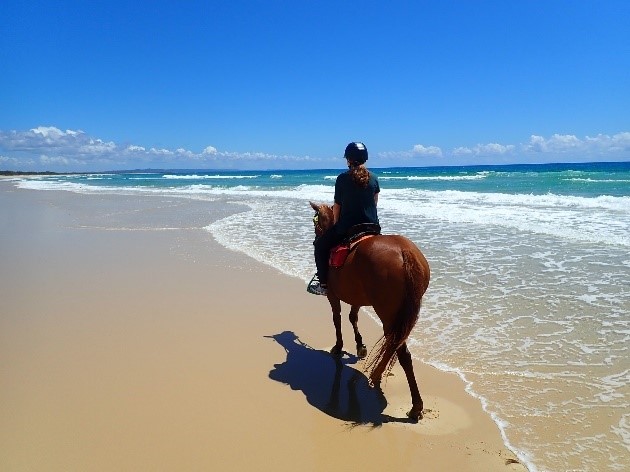
One major advantage of studying in New Zealand was the 4-month long summer in between the semesters and I spent the entirety of November travelling up the east coast of Australia, which was amazing! I got to go on a horse ride across the beach which was something I have always wanted to do. I had been looking forward to spending a sunny Christmas at the beach, but sadly it actually rained the whole day and me and a friend cooked up a massive dinner instead. In the new year my parents flew out and I spent a month showing them around all my favourite spots of New Zealand, which was really fun.
Overall, I had the best year in New Zealand and really couldn’t recommend going on a year abroad enough. It was hands down one of the best things I’ve ever done and I’m really lucky that I had the opportunity to live and study in New Zealand for a year.
If you would like to find out more about our MEarthSci or MEnviSci with international study, please visit the course pages on the Earth and Environmental Sciences website.
Abel Tasman coastal trackAuklandAustralian miningcoastal processesearth scienceearthquake initiationelectromagnetic conductionengineering geologygeographyGeologygeothermal sitesGisborneground penetrating radarinternational studyKaikouraMt. Cook National Parkstudy abroadTongarirotravelvolcanic sandsvolcanoeswater pressure sensors


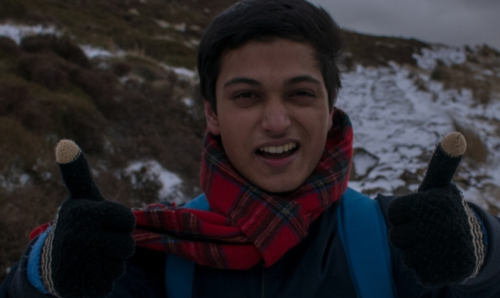
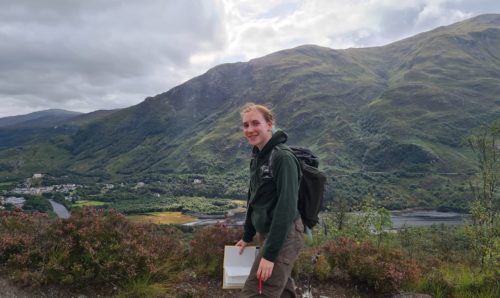
Leave a Reply